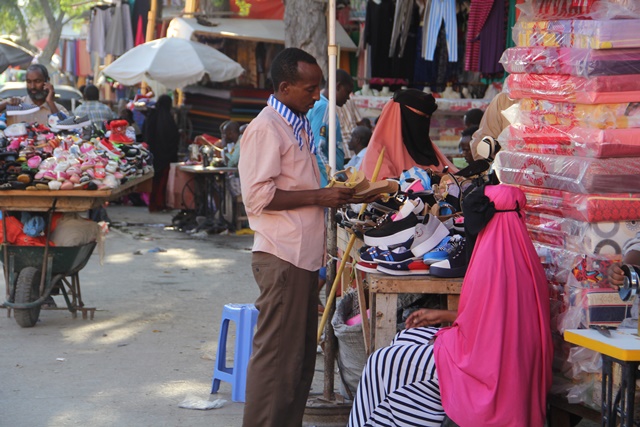IMF projects 2018 economic growth at 2.5% as country recovers from drought

In 2017, the drought and sporadic terrorist attacks took a toll on economic activity

The economy will register an increased growth in 2018 to stand at 2.5% as the country recovers from a devastating drought that is estimated to have cost the country up wards of $1.8 billion, the IMF has said.
“As the drought started receding, growth is expected to recover to 2.5–3.0 percent and inflation to decline to 2.0-2.5 in 2018–19,” the International Monetary Fund said Tuesday following the completion of the review of Staff Monitored Programme (SMP).
A staff-monitored program (SMP) is an informal and flexible instrument for dialogue between the IMF staff and a member country on its economic policies.
The global lender noted the twin effects of terrorism and drought had adversely dealt a blow to the economy subduing it at 1.8% in 2017 compared to 2.4% in 2016.
“In 2017, the drought and sporadic terrorist attacks took a toll on economic activity,” IMF said in a statement. “The drought has hurt the economy and temporarily impacted the Federal Government of Somalia’s tax collection efforts.”
As a result, the IMF said, the steady recovery in the service sector including in the telecommunication and transportation sectors were critically affected.
A recently concluded Drought Impact Needs Assessment (DINA) observed recurrent droughts had cost the country up to $3.2 billion in losses and damages calling for an investment of close to $2 billion in three to five years’ time for the country to recover from recurrent droughts and build resilience to future droughts.
Trade deficit will also remain high reflecting increased food imports and lower exports and will largely be financed by grants and remittances, the IMF notes but added sustained international support saved the country from a severe humanitarian crisis.
The World Bank warned July in its second Economic Update report the large external imbalance was a source of vulnerability. Somalia imports more than four times as much as its exports, creating huge external account deficits, the Bank said. This translates $3.7 billion (62% of GDP) of imports against $859 million in exports.
RELATED: World Bank: Tax reform critical to sustainable growth
The IMF reiterated its earlier call for caution against expenditure not backed by realistic revenue projections while emphasizing the need for enhanced public financial management and cash management to help improve budget execution and avoid accumulation of domestic arrears.